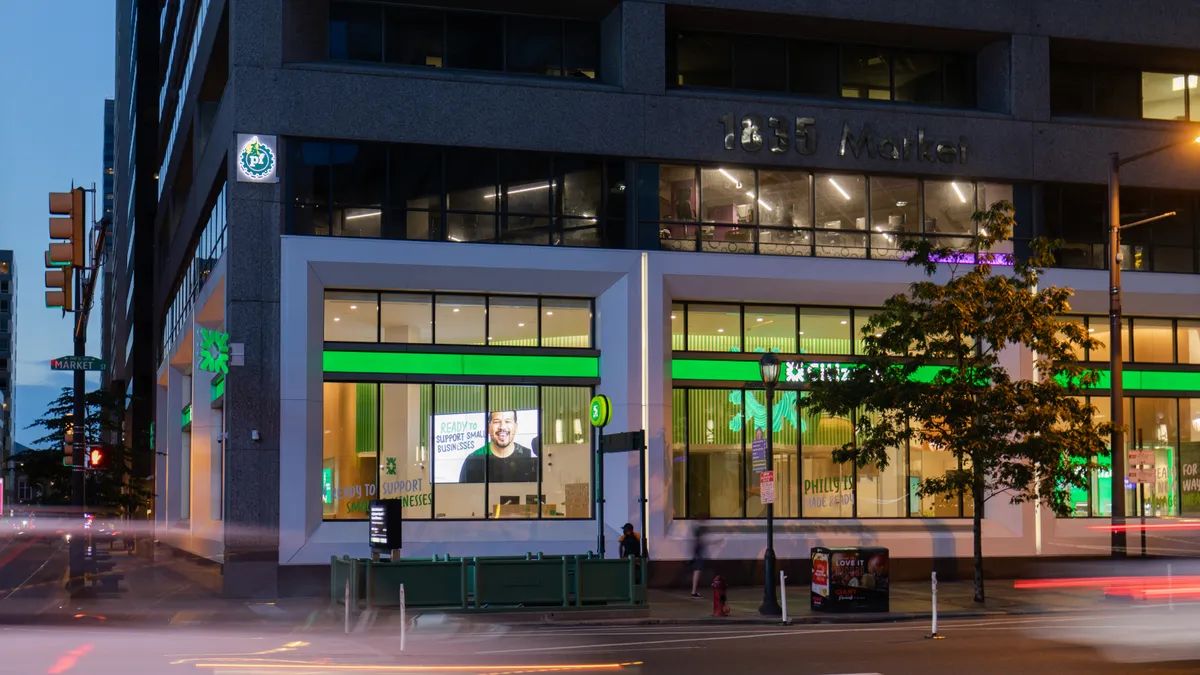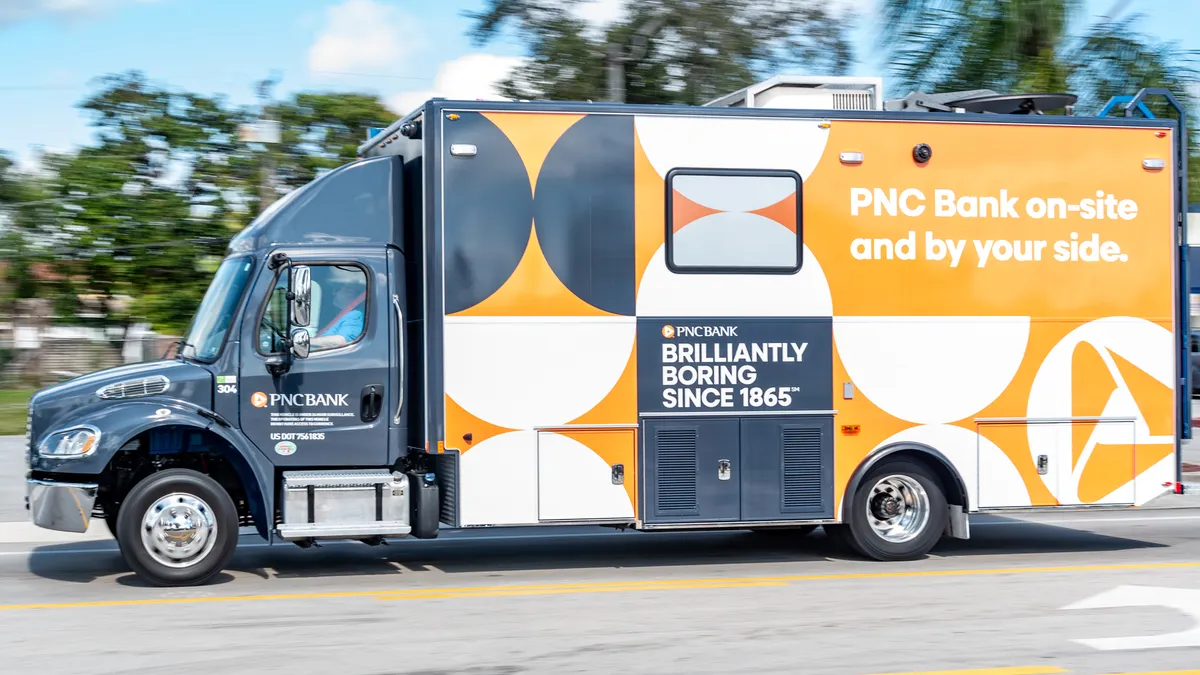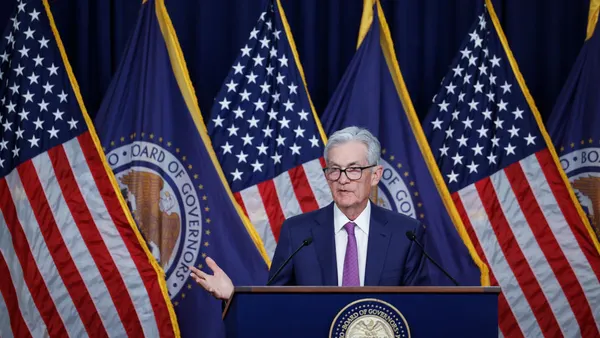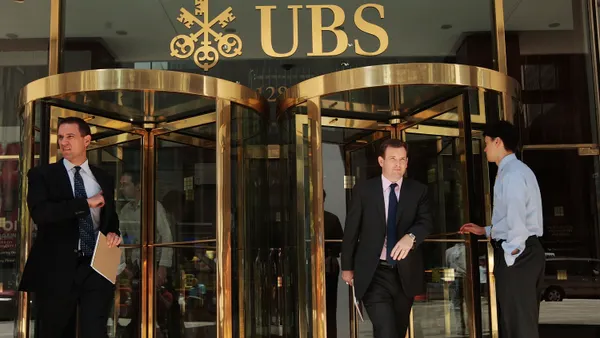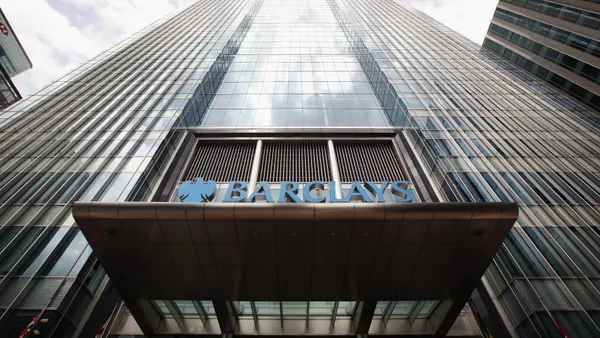Citizens Bank is continuing its cutback in auto lending, CEO Bruce Van Saun told Reuters on Monday.
The Providence, Rhode Island-based lender aims to scale its portfolio in that segment back to between $5 billion and $6 billion by 2024, the wire service reported. That’s down from a December 2021 high of $14.5 billion and roughly $10 billion now.
"We are being very selective on where we are extending credit given the potential for recession in 2023," Van Saun said. “We believe that most banks recognize the growing risks in auto lending outside of the super prime segment.”
The continued pullback comes as a number of other banks have tweaked their strategies thus far in 2023, identifying business areas they’d like to de-emphasize. Most notably, Wells Fargo this month said it would exit correspondent lending and streamline its mortgage business to focus on existing customers and nonwhite communities.
But crypto is another segment around which banks have chosen to tread carefully in 2023. Metropolitan Commercial Bank, once a banking partner for now-bankrupt crypto exchange Voyager Digital, said this month it would exit the crypto space.
Farmington State Bank, which last year secured an $11.5 million investment from FTX sister firm Alameda Research, said this month that it, too, is abandoning its plan to develop banking services related to crypto and cannabis.
Other banks may see the withdrawal of competition as an opportunity. Frost Bank, for example, said this month it would begin offering residential mortgages again after exiting the segment in 2000.
For its part, Citizens is strengthening its standards for mortgage credit, according to Reuters. But the bank’s pullout is not as strong as with the automotive segment.
The bank has reduced its mortgage-lending headcount by 30 to 50 loan officers, Van Saun told the wire service. But the bank still has 475, he said.
Van Saun said Citizens would like to expand in home equity loans, commercial banking and credit cards, but would be more selective in its lending.
As for auto loans, he said cross-selling opportunities are limited.
"Spreads are tight, so you're not making a good return on that capital," he said. "We basically made a decision to move that portfolio down materially over time.”



